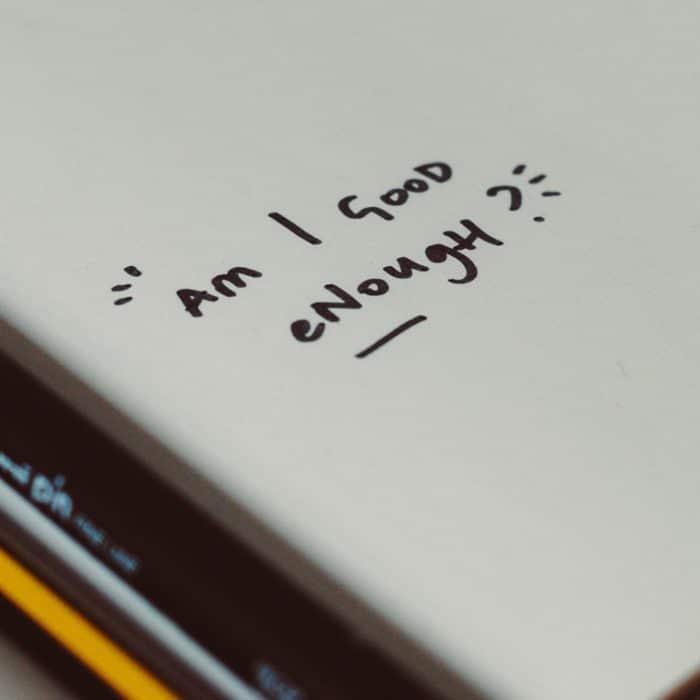For many of us, prioritizing our jobs, logging long hours at the office and answering emails into the night is second nature. Our parents, teachers and mentors drilled into us that having a strong work ethic is one of the keys to success. And it is. But working harder isn’t always working smarter, which is the goal. You want to be firing on all cylinders in your job, not sluggishly dragging at all hours. One key to that is creating a healthy balance between work and your personal life. Nonstop stress leads to health problems from burnout like hypertension, ulcers, depression and insomnia. According to Harvard Business Review, stress-related psychological and physical problems cost employers between $125-$190 billion a year in healthcare costs. In addition, a worker stretched to the limit is more likely to suffer diminished productivity instead of increased output. This is all to say, it’s not good to be a workaholic.
Millennials seem to have already figured this out. Time Magazine cited a 2015 study from the Center for Work and Family at Boston College that found that only 20 percent of Millennials were willing to sacrifice personal or family time in order to advance their careers. The study’s co-author Brad Harrington told the magazine, that Millennials said, “I do not want to have a job that’s all-encompassing, I do want to have the ability to work more flexibly than might have been the case in the past.” This doesn’t mean they aren’t willing to work hard, but they are more willing to establish boundaries that Gen-Xers and Baby Boomers weren’t.
Of course, the modern world has also intruded on that philosophy, creating obstacles. Whether working from home during a worldwide pandemic or technological advancements that allow bosses to text, call or email their employees at all hours, finding an equilibrium takes effort and flexibility. Here are a few tips to help you.
-
Distinguish the urgent from the non-urgent
Not every call, email or text is truly urgent. Many can wait until regular work hours. This is true whether you’re the sender or the receiver. Only respond to truly important, timely requests when you are on personal time. Establishing boundaries works for both you and your co-workers, including bosses.
-
Prioritize your health
Both your physical and emotional well-being are equally important. You can’t be an effective employee if you are burned out or ill.
-
Nurture your personal relationships
Ignoring them leads to damaged, sometimes torn, relationships. Having a fulfilling personal life will actually make you more productive and effective in the office.
-
Make time for yourself
Whether it’s hot yoga at dawn, a noon workout, drinks with friends or family movie night, make sure you’re able to take care of yourself. This includes making time for accomplishing what you need to accomplish—and indulging in personal rejuvenation, be it a long bath, a round of golf or a massage.
-
Set a schedule
Pay attention to when you are the most productive at work and block out that time to do your most important activities. Avoid checking emails and your phone every few minutes, because those are time-wasters that simply feed into procrastination and derail productivity.
-
Know when to ask for help
If you’re overwhelmed, don’t suffer in silence. It can cause you to miss a deadline or turn in shoddy work. Being honest about your capacity is an important skill.
-
If you are sick, stay home
Many people take pride in coming into the office when they are ill. If the pandemic has taught us anything, it’s that the kindest thing you can do for yourself and for others is to stay home when you’re sick. If you don’t, you risk making yourself sicker and spreading your illness to others.
-
Take your vacation time
Companies offer paid vacation time so you can relax, refresh and rejuvenate. Don’t be a martyr, take advantage of your time away from work.








